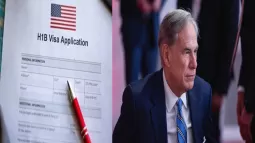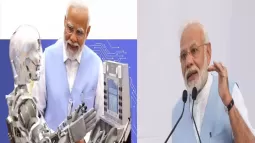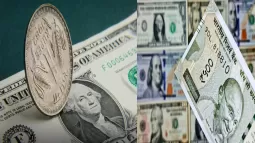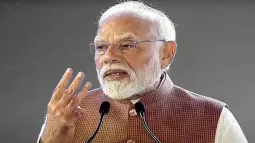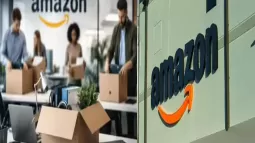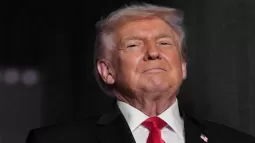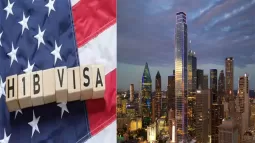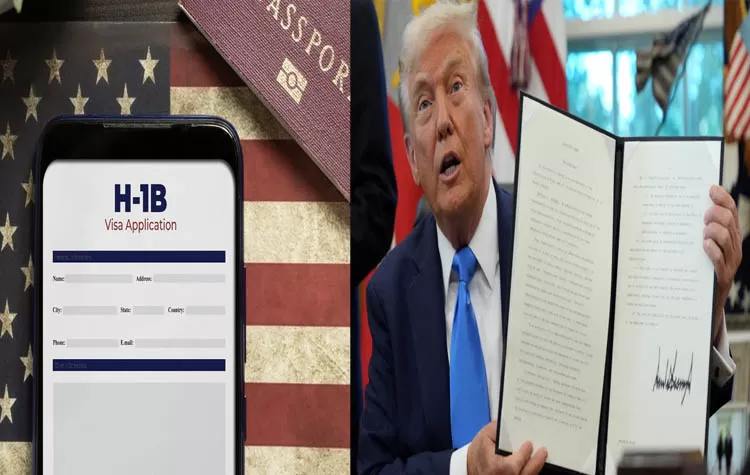
Mass Deportations and Legal Entry Restrictions
US President Donald Trump has escalated his action against immigrants since he came into office. The government had conducted mass deportations, arrested undocumented immigrants, and restricted legal immigration. This has hit hard many foreign workers who contribute a lot to the economy of the United States.
In the latest crackdown in the Visa Program, a high premium was placed on the H-1B visa, which grants permission for foreign professionals to work in specialized areas of expertise. Recently, the US Department of Labor ran an ad on the X platform formerly known as Twitter, accusing some companies of misuse under the H-1B visa. It alleged that too many firms are replacing American workers with foreign employees who are paid less, most of them from India.
Government Statements and Data on Visa Use
A Labor Department ad said the abuse of H-1B visas had cost young Americans their jobs, adding that the Trump administration was now taking action to make companies accountable and to protect America's workforce. The video emphasized a governmental commitment to taking back what it refers to as the "American Dream" for the citizens of the United States. It included statistics that 72% of all H-1B visas issued are to Indian nationals. In conjunction with this claim and others, the Labor Department began what it termed "Project Firewall," an audit to find any inconsistencies or fraud within the H-1B program. Increasing Fees and Legal Obstacles Earlier, President Trump moved to make H-1B visa norms more restrictive. Among his more contentious decisions, he ordered a doubling of the visa fee to $100,000, which happened to be a major media talking point. His administration has argued that the visa system has been abused, helping to depress wages for American workers. Trump said the aim is to reform the system to protect American jobs. However, this policy has been challenged in court by the US Chamber of Commerce on the basis that the decision damages a system designed by Congress. It has pointed out that serious implications occur for businesses reliant on skilled foreign talent. A number of labor unions also filed petitions against the new regulations on similar grounds of concern. Economic and Workforce Implications Many US lawmakers and industry groups have pressed the administration to reconsider the new visa policies, warning such measures could hurt the nation's innovation and productivity. Many of the technology companies depend heavily on skilled immigrants, particularly from India. Experts said this could lead to a shortage of skilled workers in fields such as IT, healthcare, and engineering-skilled labor that remains in high demand. The debate reflects the tension between the desire to protect jobs at home and to keep the workforce competitive globally.


